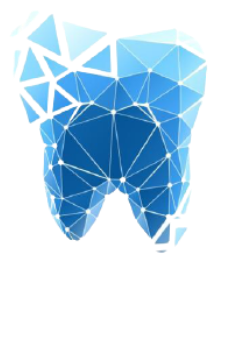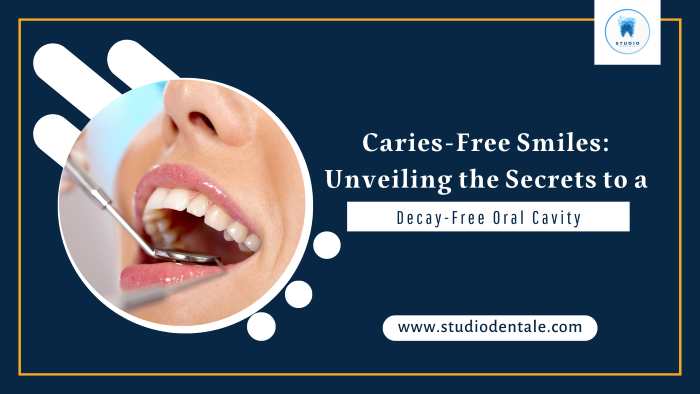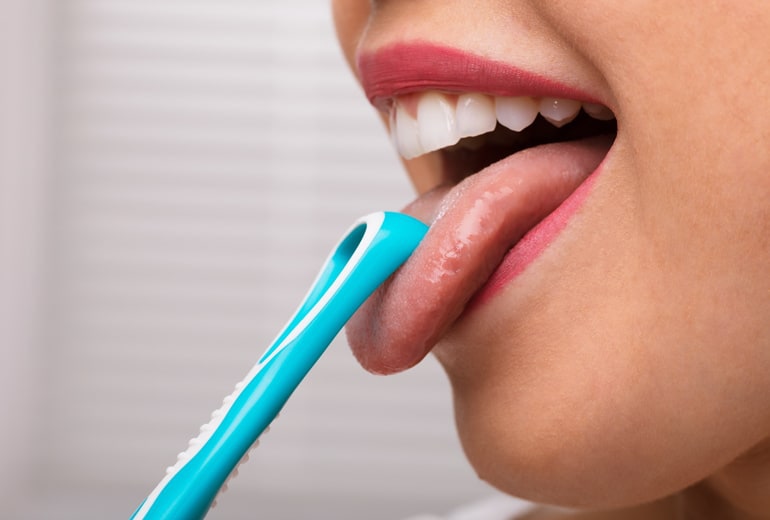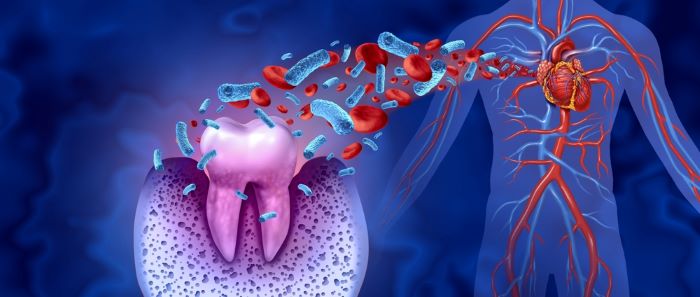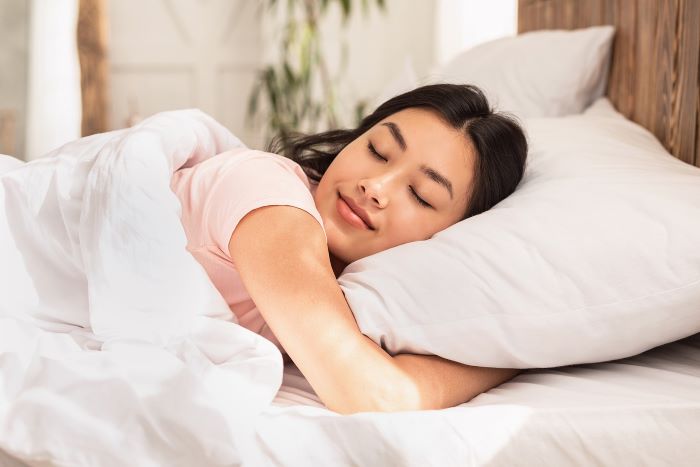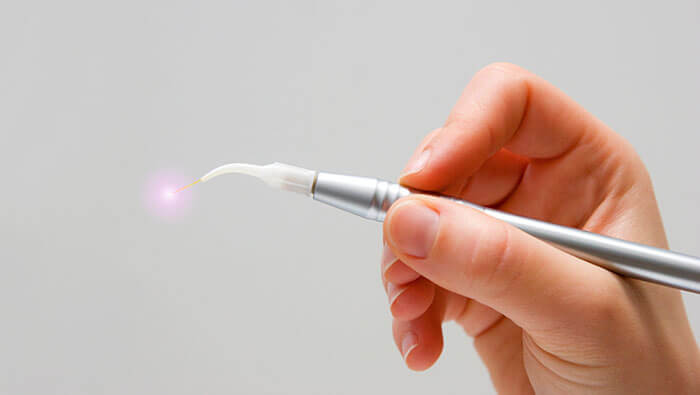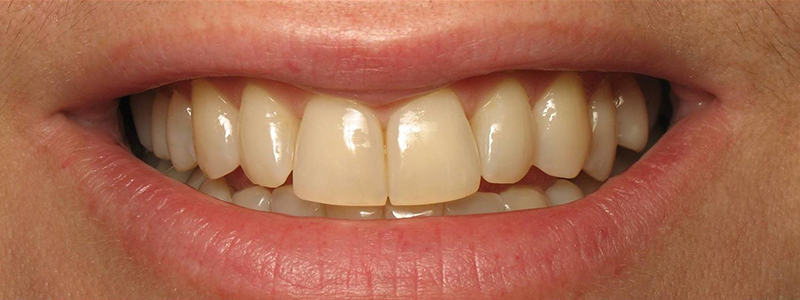Welcome to Studio Dentale, where we are committed to helping you achieve optimal oral health. In this blog post, we will delve into the topic of achieving a caries-free oral cavity. Dental caries, commonly known as tooth decay, is a highly prevalent oral health issue that can be prevented through proper care and maintenance. Dental caries is the most common non- communicable disease in the world. Therefore, join us as we explore effective strategies and habits to keep your teeth healthy, ensuring a decay free oral cavity for years to come.
First, let us understand what causes tooth decay.
Tooth decay primarily is a disease caused by multiple factors. If there is presence of bacteria on the tooth surface in the form of dental plaque along with intake of a diet rich in sugar, dental caries can take place in the mouth. This is by metabolism of the sugar by bacteria leading to acid production. Higher the amount and frequency of sugar intake, higher the risk of decay in oral cavity which in turn means lower the odds of a achieving a decay free oral cavity. Children and adolescents are at the most risk of developing tooth decay. Lots of snacking in between meals also contributes to it. Decay also develops over time- which also implies that while initially it may not give you any pain, as it progresses further, it can lead to pain and even an infectious state.
How to achieve a decay free oral cavity, then?
- Reduce your sugar intake
If you want to prevent dental caries, free sugar intake should be limited. For your total energy intake, only 5-10% must come from free sugar in your diet. Be mindful about the consumption of carbonated drinks like Coca Cola, Fanta, Sprite and Mountain Dew- their intake should be reduced, especially in summer when we are more prone to crave for something cold to drink. Chocolates, pastries and candy consumption should also be limited in all age groups. Instead, opt for a nutritious meal choice. Reducing sugar intake as such would definitely help you achieve a decay free oral cavity.
- Maintain your oral hygiene
Take regular care of your oral hygiene by brushing twice daily with fluoridated toothpaste and a soft or medium bristled toothbrush for a decay free oral cavity. Dental plaque, which hosts the bacteria that causes dental caries, ought to be removed by brushing. Additionally, dental floss is an excellent tool to remove dental plaque.
- Use sugar substitutes
Higher intake of sucrose leads to added risk of dental caries. Instead of sucrose, use sugar substitutes like xylitol. Xylitol prevents the growth of Streptococcus Mutans, the bacteria primarily responsible for causing dental caries. It also decreases plaque formation. You could also use sugar-free chewing gums containing xylitol.
- Application of fluoride
Fluoride is a mineral that keeps your teeth stronger and also fights against their breakdown. Because of this, it aids in fighting against the acid that is produced by bacteria in the presence of a sugary diet. This is why dentists always recommend using fluoridated toothpastes. Furthermore, fluoride varnishes or gels, water fluoridation and dietary supplements (if required) can also be utilized to help in achieving a decay free oral cavity. Therefore, fluoride varnishes or fluoride gel applications are recommended by doctors at Studio Dentale for patients who require it.
- Visit your dentist
Dental caries can be diagnosed at the dental office by the dental professionals during your clinical examination or by taking x-rays- even if there are no symptoms already present.
Early detection in this way helps you by preventing further damage and potential development of pain. This is why it is important to visit your dentist! At Studio Dentale, we encourage you to get your regular dental check-ups done once every six months to ensure that your oral health is in good condition. This would also increase your likelihood of having a decay free oral cavity.
- Pits and fissure sealants
Pits and fissures are areas in your teeth that dental decay thrives in and mostly start from. This is because they are often too narrow and hence cannot be cleaned easily and thoroughly. Pits and fissure sealants are flowable filling materials which can be applied on your teeth by your dentist if you have such susceptible pits and fissures to help prevent dental caries. Sealants are also available at Studio Dentale.
Conclusion:
Hence, when the sugar intake is reduced, sugar substitutes are used, regular visits to the dental office are scheduled, along with placement of pits and fissure sealants and fluoride as required, it is possible to get closer to a decay-free oral cavity. These steps should be well incorporated into your life for better oral health. If you have any further concerns, we at Studio Dentale will be happy to address them. You may book your appointment at Studio Dentale at (studiodentale.org) and (01-4532180/4532181)
